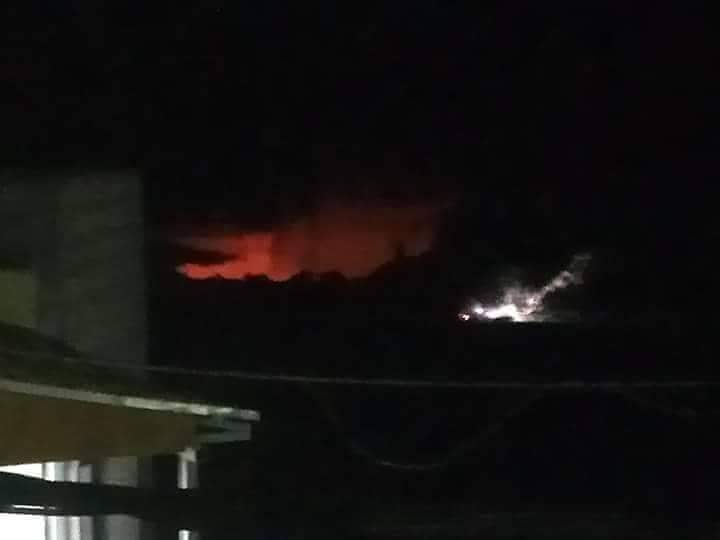Tag: Night Raid
-
In Pictures: Palestinians murdered under Israeli occupation in 2019.
August 15 | International Solidarity Movement | Occupied Palestine
-
In Pictures: Wadi al-Hummus demolitions, 22 July
July 30 2019 | International Solidarity Movement | Wadi al-Hummus, occupied Palestine
-
Interview: ISM speaks to Hakima Motlaq about a recent soldier and settler attack on the village of Asira
26th August 2018 | International Solidarity Movement, interview by Mariana | Asira al-Qibliya, occupied Palestine Asira al-Qibliya is a village near Nablus that has been terrorised by the illegal Ytzhar settlement since 1982. In any moment of the day or night, settlers can arrive in the village and make violent incursions against the people or damage…


